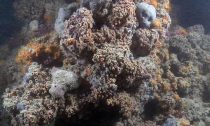
The first coral reef in Italy has been identified, according to researchers. The underwater ecosystem extends for at least two and a half kilometres on the Adriatic coast near Monopoli, in Puglia. It is the first mesophotic coral reef – a term applied to ecosystems with low levels of light – to be found in the Mediterranean.
These types of reef “are found at depths ranging from 30–40 metres … up to 200 metres”, the researchers write in the study published in Nature.
For this reason, the colours of the coral reef in Puglia are more subtle than the better-known varieties in the Pacific.
“The famous Australian or Maldivian coral reefs rise almost to the surface of the water, making the most of the sunlight that is the real fuel of these ecosystems,” said Prof Giuseppe ...
Read More

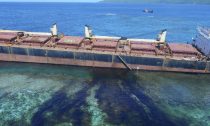
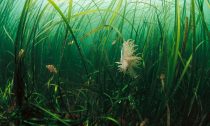
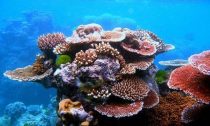
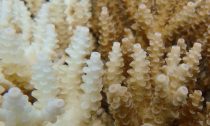
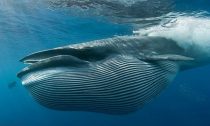



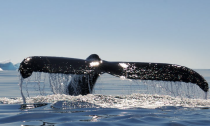


Social Profiles